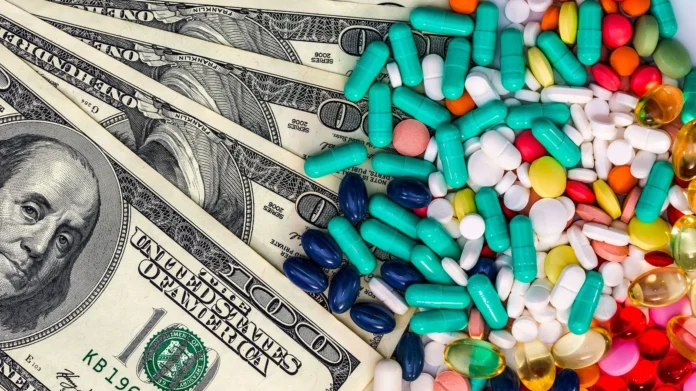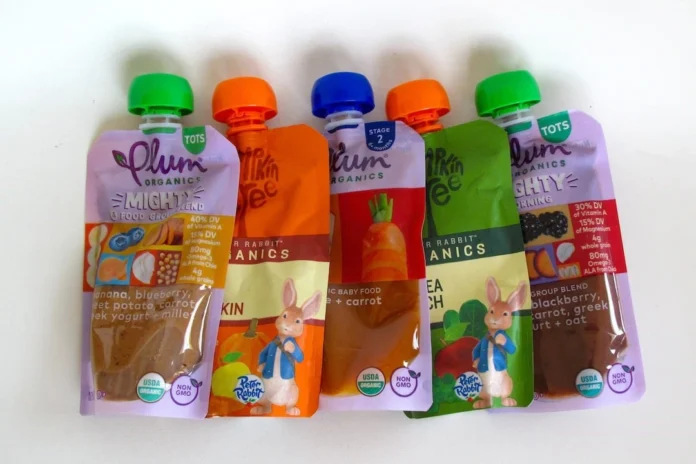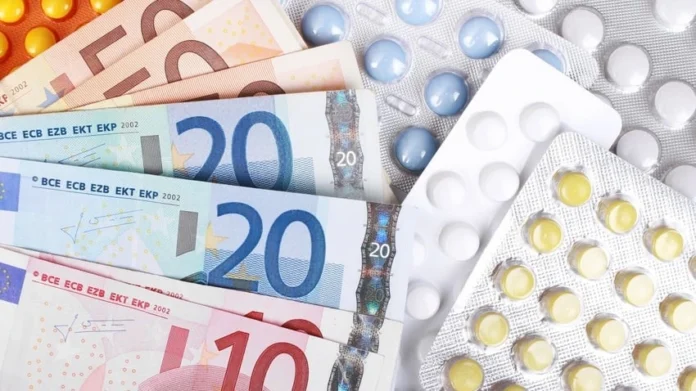US pharma tariffs would raise US drug costs by $51 billion annually, report finds
A 25% U.S. tariff on pharmaceutical imports would increase U.S. drug costs by nearly $51 billion annually, boosting U.S. prices by as much as 12.9% if passed on, a report commissioned by the industry’s U.S. trade group and reviewed by Reuters shows.
The analysis, conducted by Ernst & Young, found the United States imported $203 billion in pharmaceutical products in 2023, with 73% coming from Europe — primarily Ireland, Germany and Switzerland. Total U.S. sales of finished pharmaceuticals that year were $393 billion.
The report, dated April 22 and not made public, was commissioned by the main U.S. pharmaceutical lobby, the Pharmaceutical Research and Manufacturers of America, whose members include Amgen (AMGN.O), opens new tab, Bristol Myers Squibb, Eli Lilly (LLY.N), opens new tab, and Pfizer (PFE.N), opens new tab, among others.
PhRMA did not immediately respond to a request for comment. The group has argued tariffs would undermine efforts to boost domestic manufacturing, a goal of U.S. President Donald Trump.
Pharmaceutical products have long been spared from trade wars due to the potential harms, but he has repeatedly threatened a 25% tariff on pharmaceutical imports.
Last week, the Trump administration announced probes into pharmaceutical imports, citing national security concerns over reliance on foreign drug production.
The move triggered a 21-day public comment period as part of the investigation led by the Commerce Department.
Drugmakers see the probe as a chance to show the administration that high tariffs would hinder their efforts to swiftly ramp up U.S. production, and to propose alternatives, said Ted Murphy, a trade lawyer at law firm Sidley Austin, which is advising companies on their submissions to the Commerce Department.
Drugmakers have also lobbied Trump to phase in tariffs on imported pharmaceutical products in hopes of reducing the sting from the charges.
On Thursday, Swiss drugmaker Roche (ROG.S), opens new tab said it is petitioning the U.S. government in direct talks for import tariff exemptions, arguing the products it ships into the United States are offset by its exports of U.S.-made drugs and diagnostics.
Production costs are only one factor shaping the price of newer medicines and it is unclear to what extent tariffs on imported intermediate inputs or imported finished products would be passed forward to consumers, the report said.
Tariffs on imported finished products could be passed through to consumers by the wholesale or retail distributors paying the tariff.
But if duties were fully passed on through higher prices on domestic sales, EY estimates U.S. drug prices could rise up to 12.9%.
Approximately 30% of pharmaceutical imports in 2023 were ingredients used in U.S. manufacturing and then exported or sold in the United States.
Tariffs on these would raise domestic production costs by 4.1% and reduce the global competitiveness of U.S.-made drugs, the report said.
Roughly 25% of U.S. pharmaceutical output is exported, which totalled $101 billion in 2023. EY said a portion of the 490,000 export-related jobs in the industry could be at risk if higher input costs weaken foreign demand for U.S. medicines.
The report did not include the impact of possible retaliatory tariffs. The economic impact of those for U.S. producers would be much more significant.











